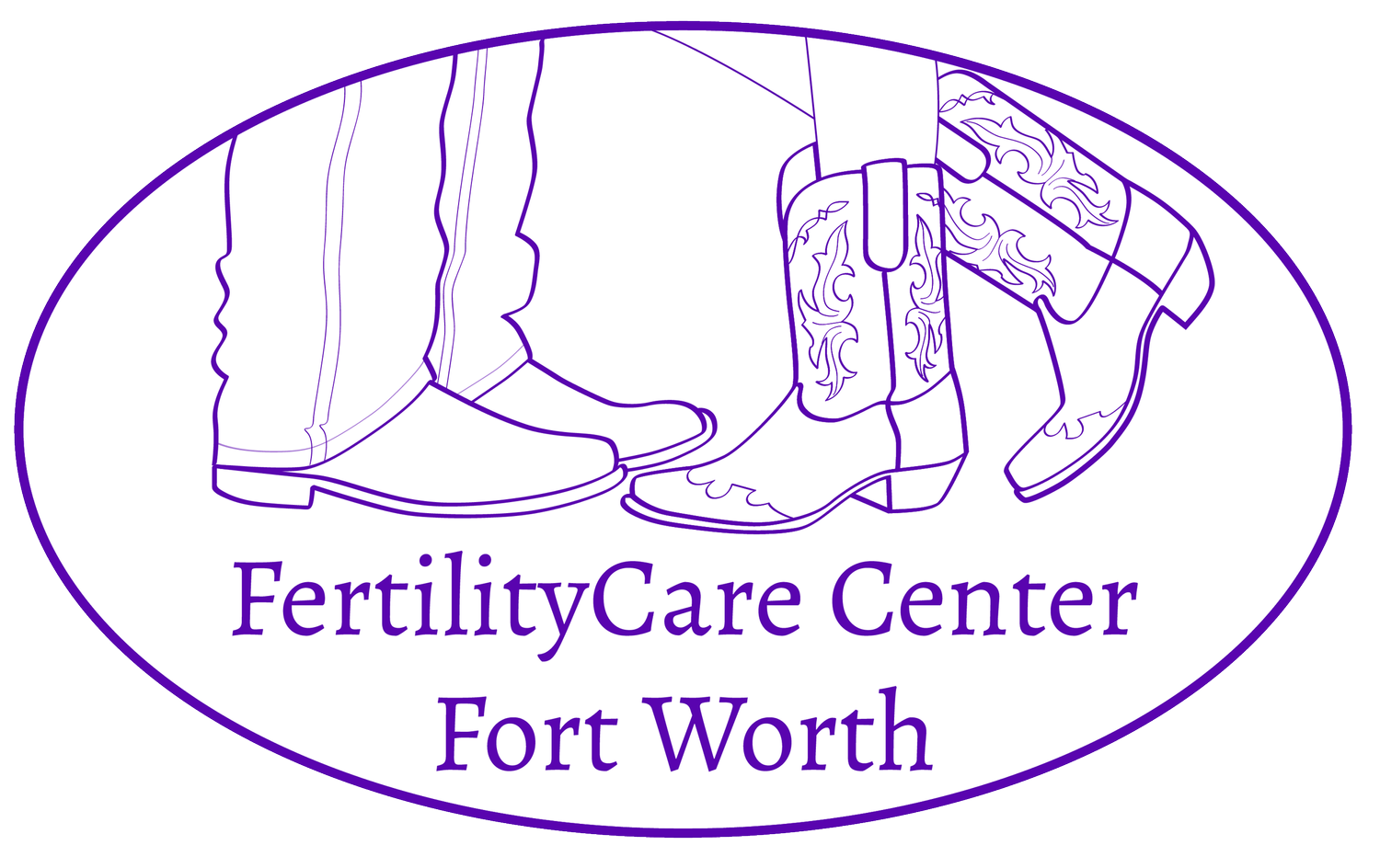Naprotechnology
Natural Procreative Technology
Naprotechnology is a specialty of women’s health that focuses on identifying and treating the root cause of reproductive issues. A Naprotechnology doctor is trained to interpret your charts, and then build a plan that works cooperatively with your body. These evidence-based treatment plans do not rely on birth control in order mask symptoms. Rather, they are focused on restoring overall health while preserving fertility at the same time. We have the privilege of working with some amazing Naprotechnology providers. Let us help you get connected and on the road to better overall reproductive health.
Naprotechnology is most known for treating:
Hormone imbalance
Birth control-a band aid, not a fix
The birth control pill is the most commonly prescribed “solution” for women experiencing cycle irregularities. But is it the best answer? Naprotechnology would say that it isn’t. Artificial birth control is designed to shut down the natural reproductive system, which will cover up any cycle abnormalities rather than treat them. Once the pill is stopped, the problems with the cycle will return because they were never treated in the first place.
“I was put on the pill in college to regulate my cycles and to treat acne. I followed this plan for about a year, but ditched it when side effects like depression became too overwhelming. I resigned to accept my 4 month cycles as my “normal” until I found the Creighton Model at the age of 21. My Napro doctor diagnosed me with PCOS and gave me a treatment plan. I started having real cycles, and I never looked back for the pill again.” -FCCFW client
Serious complications linked to the birth control pill:
Blood clots
Heart attack
Stroke
Pulmonary embolism
Breast cancer
Common side effects of the birth control pill include:
Nausea and vomiting
Migraines
Inflammation
Depression and other mood changes
Weight gain
Irregular bleeding
Pelvic inflammatory disease (IUD)
Check out Natural Womanhood for an excellent discussion on these side effects and links to the studies that back this list up.
Infertility
We work with many couples who come to the program with a history of “unexplained infertility.” Infertility is not a diagnosis, it is a symptom. Unfortunately, artificial reproductive approaches often stop short of a complete diagnosis, leaving couples with more questions than solutions. A Naprotechnology approach will use a woman’s Creighton Model chart to build a diagnostic plan that will uncover the root cause of infertility. Once the cause is understood, meaningful treatment is geared toward restoring health, which allows fertility to be restored. Naprotechnology boasts up to an 80% success rate for achieving pregnancy in couples with a history of infertility, depending of course on the underlying causes. These couples are able to conceive naturally, respecting the dignity of women and marriage.
Recurrent Miscarriage
Miscarriage is a heavy burden on any couple. Couples charting with the Creighton Model will have the ability to identify risk factors for miscarriage before they even try to conceive. Biomarkers like premenstrual bleeding, brown bleeding, and luteal phase instability are huge clues that the FertilityCare Practitioner can help couples identify. Ideally, these concerns could be addressed before pregnancy occurs, preventing the heartbreak of a loss. Naprotechnology will aim to identify the underlying causes of these cycle markers to tailor a treatment plan that will support conception and maintain the pregnancy.
PMS/PMDD
Most women do not realize that premenstrual syndrome (PMS) is a treatable medical condition. Mild PMS symptoms will affect most women in the one to two days leading up to the period. However, more than two days of those symptoms can indicate underlying hormone imbalances. Premenstrual dysphoric disorder (PMDD) is a much more severe form of PMS that really deserves careful evaluation and effective treatment options so that quality of life can be restored. Naprotechnology has great solutions for addressing PMS and PMDD to help you feel like you.
Endometriosis
Endometriosis affects about 1 in 10 women and can take up to 12 years to diagnose. It is believed that this number is an underestimate because it is difficult to diagnose. It occurs when endometrial cells, the cells that line the inside of the uterus, implant outside of the uterus on the wall of the abdomen and other adjacent organs. The hallmarks of this condition include severe menstrual pain and infertility. Women who use the Creighton Model understand what symptoms and charting trends need medical attention, and are able to seek meaningful help from Naprotechnology doctors. This reduces the time it takes to diagnose and treat this problem significantly. Surgical Naprotechnology is a specialized type of gynecologic surgery that aims to excise endometriosis, which is superior to traditional approaches like ablation. The Naprotechnology approach will treat the disease most completely, reducing the rate of recurrence and scar tissue formation.
Polycystic Ovarian Syndrome (PCOS)
Polycystic Ovarian Syndrome (PCOS) occurs in about 14% of women. This problem is characterized by a collection of hormone imbalances that result in long, irregular cycles and often infertility. Each Naprotechnology treatment plan for PCOS is unique because of how differently the syndrome can present in each person. Let your FertilityCare Practitioner guide you through charting these challenging cycles so you can meet your goals!

